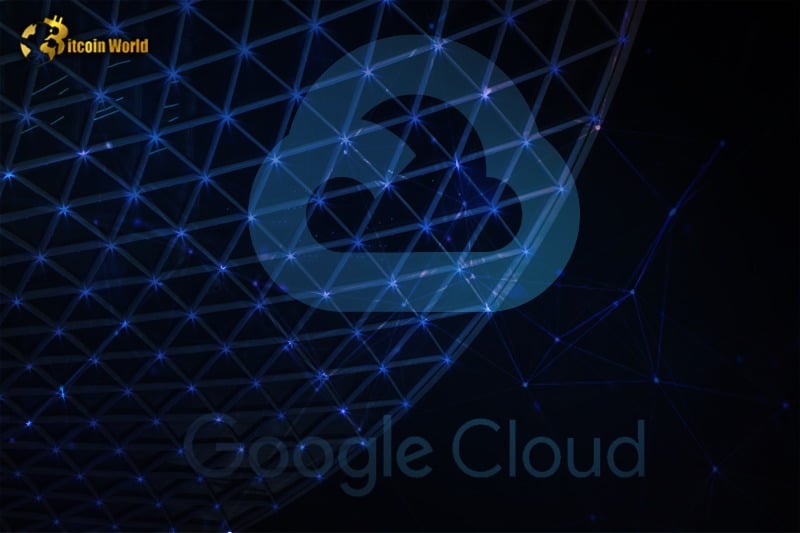According to a report by Polygon, they have harnessed the same robust infrastructure that powers YouTube and Gmail to fortify their network security.
On September 29, Polygon Labs made a significant announcement – Google Cloud has officially joined the Polygon proof-of-stake network as a validator.
Google Cloud is now part of an elite group of over 100 validators, all engaged in verifying transactions within its layer-2 Ethereum network.
Polygon Labs made the partnership official through a post on the X platform (formerly known as Twitter), stating:
“The formidable infrastructure that underpins @YouTube and @gmail is now instrumental in enhancing the security and efficiency of the Ethereum-for-all Polygon protocol.”
Validators within the Polygon network play a pivotal role in safeguarding its integrity. They achieve this by operating nodes, staking MATIC, and actively participating in proof-of-stake consensus mechanisms.
The Google Cloud Singapore division confirmed via X that it is actively serving as a validator on the Polygon PoS network. They emphasized their commitment to contributing to the network’s overall security, governance, and decentralization, standing shoulder to shoulder with over 100 other esteemed validators.
While many of Polygon’s validators prefer to remain anonymous, Google Cloud proudly joins the ranks alongside Germany’s Deutsche Telekom, one of Europe’s telecommunications giants, within this expansive network.
Google Cloud describes its affiliation with Polygon Labs as an “ongoing strategic collaboration.” In conjunction with its validator role, Google Cloud Asia Pacific released an enlightening YouTube video titled “Polygon Labs: Pioneering a Web3 Future for All.”
Polygon Labs recently unveiled its ambitious “Polygon 2.0” initiative, aimed at revitalizing the Polygon network. As reported by Cointelegraph, “Phase 0,” the current stage, introduces three Polygon Improvement Proposals, known as PIPs 17-19.
PIP 17 entails a transition from MATIC to the new POL token, while PIPs 18 and 19 focus on pivotal aspects such as the technical intricacies of POL and the enhancement of gas tokens. According to Polygon’s roadmap, these transformative changes are set to commence in the fourth quarter of 2023.















